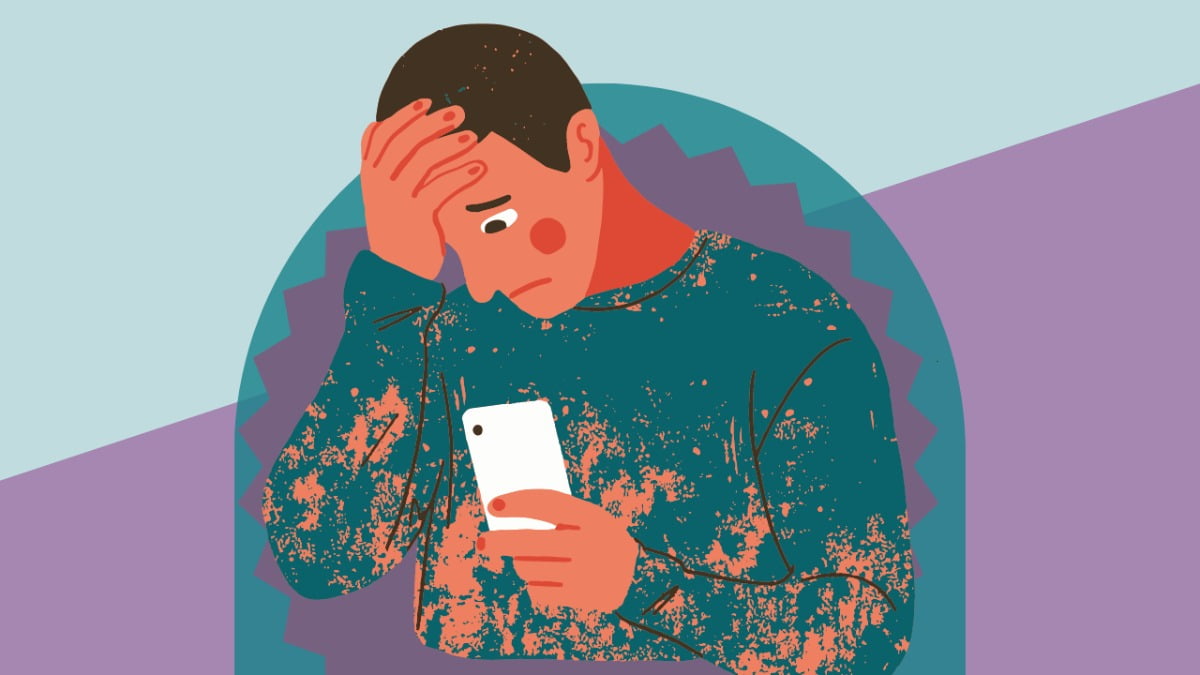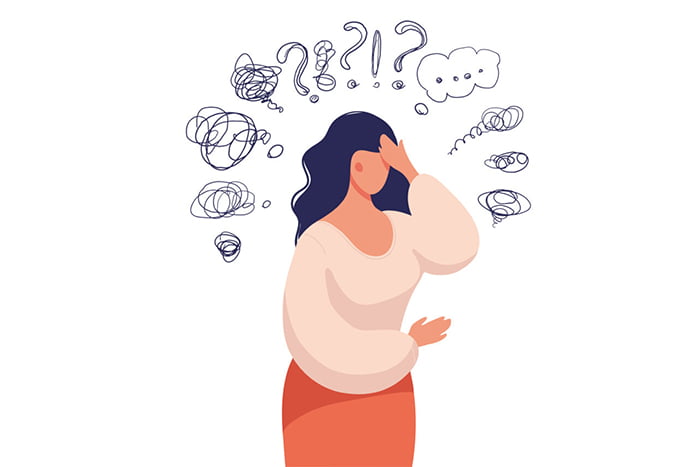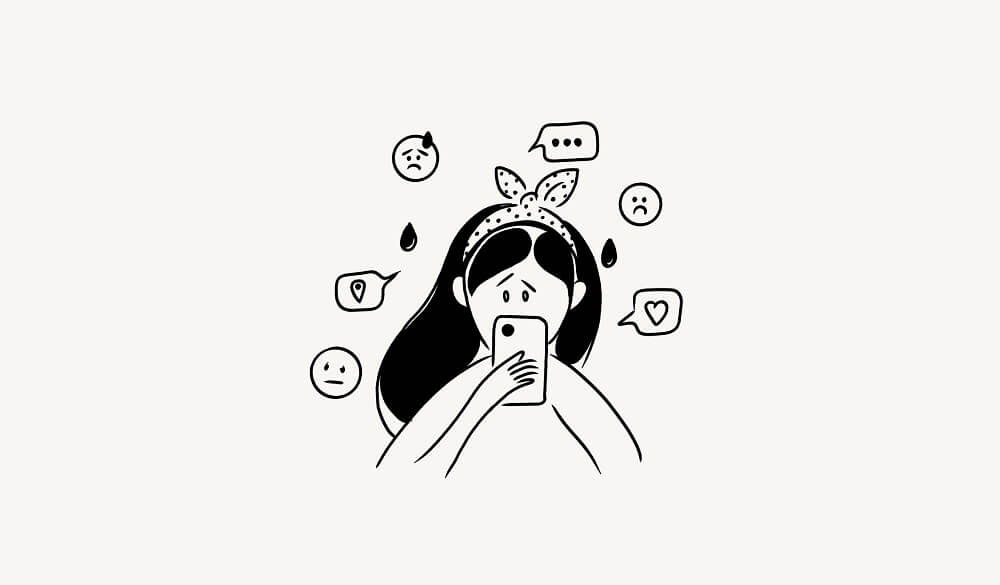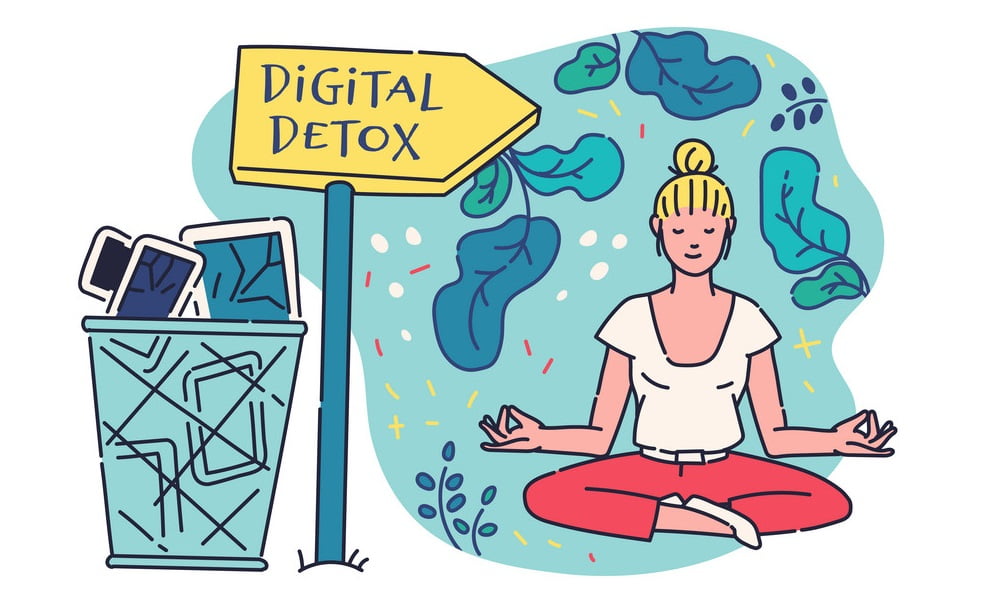‘You missed out!‘ Don’t we all get terrified by this statement? Fear of Missing Out or FOMO is the term for this dreadful feeling people get in the pit of their stomachs when they miss out on something.
FOMO, however, has gotten worse since the invention of social media. In 2004, the term ‘fear of missing out‘ or FOMO was coined in response to content viewed on social networking sites. It is the persistent fear that others are experiencing something essentially important that you are missing out on.
People between the ages of 15 to 25 who seem to be online all the time, monitoring their friends’ posts, and keeping track of certain celebs are more prone to experiencing the fear of missing out.
‘It feels like whenever I am off social media, all the interesting things happen which is why I constantly keep a tab on my friends, keep checking my favourite celebs’ profiles and keep myself updated with the recent affairs in the world so that the FOMO doesn’t hit me,’ said Ayushi, 25, a Software Engineer.
The Severe Impact of FOMO
According to the National Stress and Wellbeing in Australia Survey, 60% of youth reported feeling anxious when they learned their friends were having fun without them. Furthermore, 40% claimed to get upset if they were unaware of their friends’ activities. These individuals feel their lives are dull and boring compared to the people they see on social media. If a song or a meme goes viral on the internet and if you are not aware of it then you become the immediate target of people around you for living under the rock which results in FOMO.
According to the National Stress and Wellbeing in Australia Survey, 60% of youth reported feeling anxious when they learned their friends were having fun without them.
In recent news, several US states are suing Meta Platforms and its subsidiary, Instagram, on the grounds that these social media titans are to blame for escalating a crisis in young mental health by encouraging addiction on their platforms. Attorneys general from 33 states—including California and New York—complained that Meta, Facebook’s parent company, routinely misled the public about the dangers of using its services. They further assert that Meta intentionally misled young people and adolescents into using social media in an obsessive and addictive manner.
A variety of detrimental life experiences and emotions, including sleep deprivation, diminished life competency, emotional strain, anxiety, and a lack of emotional control, are linked to FOMO, which is regarded as a type of problematic attachment to social media.
FOMO victims value social media immensely and some psychologists even think that the popularity of social media sites can be attributed to these people’s fear of missing out on things. Youths of today find it quite simple to define themselves by what they see on the internet. They constantly compare their own lives to others because they follow, criticise, and approve of every action someone else takes on the internet.
FOMO victims value social media immensely and some psychologists even think that the popularity of social media sites can be attributed to these people’s fear of missing out on things.
‘I have always felt kind of envious of people who just flaunt their vacation or their solid friendships or a long-term romantic relationship on Instagram because my life lacks all of these. I keep questioning ‘Why my life is this way!?’ And I constantly feel that I have missed out on life big time!‘ said Muskan, 24, a Chartered Accountant.
We desire respect and attention when we see others receiving it. Our brain’s reasoning portion finds it difficult to explain these emotions. Because we believe that these feelings are inappropriate for us, we assign blame to other people. As a result, we lose control and experience immense FOMO and envy.
Seeking unrealistic standards: FOMO on beauty and lifestyle
Social media isn’t a true reflection of reality, and it can be challenging to see how it warps our perceptions when technology specifically targets us with relatable information. It is disastrous to promote irrational expectations. According to a US study, roughly 25% of young boys report a great desire for toned and defined muscles and over 80% of young girls said they are unhappy with their bodies. If you are wondering why, then it’s very obviously due to the unrealistic standards set on the social media platform.
‘Ever since my childhood, I have always been a fat kid who was mocked by everyone, in reality, and on social media. I struggled with my body and started working hard on myself so that people would like me. I posted my transformation photos and reels and suddenly, I was bombarded with likes and comments which gave me immense pleasure, to be honest‘, said Hassan, a 19 year old student.
We get a brief dopamine rush in response to each heart or thumbs up react. More shots are awarded for more likes and the desire keeps increasing. Though dopamine was once thought to be the brain’s source of pleasure, we now know that dopamine really drives us to seek out pleasure.
The copycat syndrome
According to statistics, Instagram has over 500 million active users every day and over 1 billion monthly users. Young people can imitate the actions of those whom they come across online, whether it be getting cosmetic surgery or self-harm confessions, a research claims.
More than often people are influenced to follow their favourite celebrity diet plans or fashion choices without any proper guidance or knowledge.
More than often people are influenced to follow their favourite celebrity diet plans or fashion choices without any proper guidance or knowledge. One can get all the information about a person just by going through their profile – what they like to eat, where they like to go on vacation, who are their family, what clothes they wear, etc. However, blindly copying influences can have numerous adverse effects that people are ignorant of.
“Trends” and “hacks” are major contributing factors to copycat syndrome, particularly when they are unsupported by research, medical advice, or reasoned arguments regarding mental or physical health.
Taking a digital detox to combat FOMO and addiction
Due to the fact that we are inherently inclined to never be content with what we have, we are more prone to be harmed by what we see on social media the more frequently we use it. Catching up with a friend, taking that walk in your neighbourhood, and learning new skills are some of the very fun things one can do while on a digital detox. Engaging in such activities can alleviate feelings of isolation and help us see things more clearly. They can also help us let go of the fear of “missing out” on something.
‘I was ‘addicted’ to the internet and going down the rabbit hole in my free time was the definition of fun for me. However, I took a digital detox from social media for a year and my life changed drastically. I started spending more time doing what I love i.e., gardening and realised complaining about the lack in my life was just an excuse for my obsession with the internet‘ said Saba, 28, a Brand Consultant.
Even if a total digital detox isn’t feasible, think about reducing the amount of time you spend on social media apps that give you the impression that you’re missing out. None of us are actually missing out, we are just deeply unaware of how different our lives are from each other.
None of us are actually missing out, we are just deeply unaware of how different our lives are from each other.
Therefore, accepting our differences rather than being afraid of them could be empowering. We may then allow ourselves to be appreciated for who we genuinely are – not for the bits of our characters we let people see – and stop living our lives in monochrome and start searching for diversity and shades. Unbelonging may really turn out to be a kind of belonging of its own, and it could turn out to be fascinating if we just start having fun on missing out.










